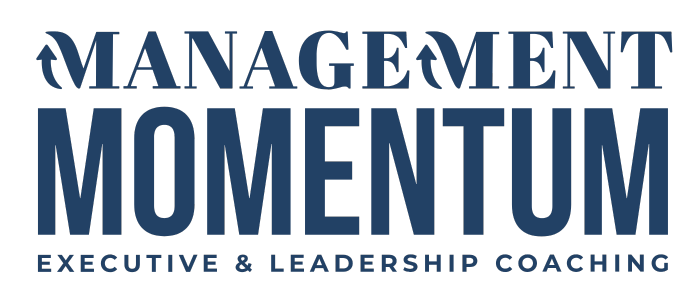People get hired for their intellect and fired because of their personality.
In today’s work environment how important is it that your employees:
- Are able to keep their cool under pressure?
- Are solution oriented and can solve problems instead of just complaining about the issue?
- Can cope with today’s challenges and the complexity of your industry?
- Are able to articulate their thoughts and fully understand what is being communicated to them?
Contact Us to discuss how we can use EQ testing with your organization today.
We use on-line EQ Testing in a workshop setting, to help you recruit and in one-on-one coaching. Here is an actual case study showing the impact that Emotional Intelligence can have on your team.
American Express (case study)
Purpose
To predict key characteristics associated with top performance from which selection criteria can be generated
Results
This case study features information sourced from the 2007 and 2008 International conference on Emotional Intelligence materials.
Two different metrics were used to determine success in the role of customer focused sales associates: customer satisfaction and sales. As part of a star performer study, MHS created four performance groups: 1) those who scored well on both metrics, 2) those who scored high on customer satisfaction and low in sales, 3) those who scored high on sales and low in customer satisfaction, and 4) those who scored low on both metrics. These representatives also completed the EQ-i assessment. Those who scored well on both metrics had the highest EQ-i scores (see chart.)
 Organizations like The US Air force and American Express agree that
Organizations like The US Air force and American Express agree that
a focus on emotional intelligence pays big returns on their investment.
ROI Impact
The EQ-i predictive model accounted for significant differences between high and low performing sales representatives. The EQ-i accounted for:
- 48% of the variance in performance, or in other words, almost one-half of the skill set required of a successful customer focused sales associate.
Takeaway
Using the EQ-i predictive model for Training and Recruitment leads to:
- Higher sales
- Better performance
Emotional Intelligence Testing
 featuring the
featuring the
Download brenda’s article – What Really Makes a Top Sales Producer
Emotional intelligence (EI) is becoming an increasingly important quality in the workplace. A recent survey of 2,662 hiring managers by CareerBuilder found that 71% of hiring managers in the United States value EI in an employee more than IQ.

